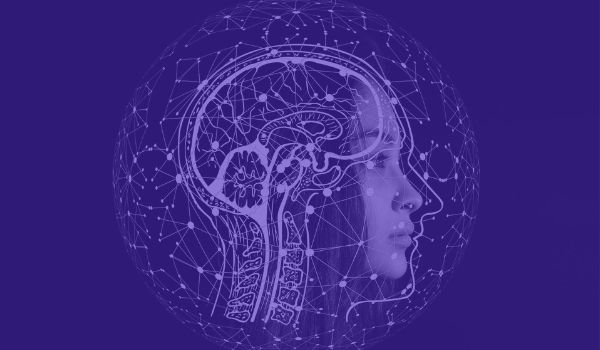Originally published by VentureBeat. This article dives into the growing data problem and the extent of its damage to workers and businesses worldwide. Marc Vontobel, CEO of Starmind, proposes a solution to the increasing data production and management gap. A solution that uses AI to identify data quality and builds a real-time knowledge network to enhance human knowledge within organizations.
This article was contributed by Marc Vontobel, cofounder and CEO at Starmind
People working in large organizations spend too much time searching for answers. That may be unsurprising when 90% of the world’s data has been created in the last 2 years alone. In total, 2.5 quintillion bytes of data are created every day, with the number continuing to grow. Yet while the amount of data that we produce has grown exponentially, our understanding of how to manage it has not.
The extent of the damage this has been causing workers and businesses are starting to come into focus. Employees are overwhelmed by data and unable to locate the knowledge they need. This means that business productivity, employee collaboration, project completion efficiency, and innovation all suffer. Businesses must tackle data overload before the gap between data production and management becomes too wide. We need to increase the access to knowledge and improve problem-solving speed and accuracy to drive engagement and productivity at work. Here’s how we start.
Identifying redundant or outdated data with AI
As data pools grow, it’s hard to find what we need. The useful and the trivial, or the relevant and the irrelevant, all coexist. Manually sifting through all this information wastes valuable employee time to unnecessary searches, leading to low productivity and frustrating workplaces.
Consider how most businesses treat their data. You finish with a piece of work, whether a spreadsheet of sales targets or a project status update, and you save it to various databases. What happens next? Usually, nothing. It is simply stored and over time becomes redundant. When a colleague stumbles across this information at a later date, it lacks context, making it difficult to understand whether it’s useful or not.
But we’re not just talking about a couple of documents here. To put things in perspective, annually more bytes of data are produced than there are stars in the visible universe. At this scale, it’s no wonder that when we fail to manage our data, the space between us and the relevant information that we seek feels impassable. A survey from IDC reinforced this — enterprises are struggling to deal with the complexities of their own data.
In short, outdated data is not just damaging to individual workers but harms the productivity of entire businesses — despite its transformative potential. How businesses use data and enable access to valuable knowledge today will have a ‘make or break’ impact on the organization. So, how do we get better at this?
AI to enhance, not replace human knowledge
The data overload challenge is also a collaboration challenge. People become overwhelmed when they can’t find what they need easily. Improving access to knowledge by better connecting experts across an organization helps to tackle this.
This is where we see the benefits of contextualizing data and the benefits of using AI to contextualize data. All that information which is overwhelming when unmanaged can in fact become the key to unlocking knowledge.
To enable true knowledge collaboration and connect employees with the information they require, we must start using the data we have in organizations to draw conclusions, at scale. In doing so, we can connect people with questions to the right colleague(s) with the answer(s).
Artificial intelligence has two additional important qualities that help businesses achieve this and overcome the issues with legacy knowledge management to date.
First, AI can be taught to forget. This means that not only can AI identify who knows what about a topic, but it can also contextualize that information and recognize when information becomes outdated and redundant, meaning it can ‘forget’ unuseful data as needed. Second, using non-sensitive information drawn from existing tools, AI is able to see through silos. It can use all kinds of information to draw conclusions at scale, creating in one integrated platform a live map or ‘knowledge network’ of who knows what within an organization.
In short, using data, AI can build a network of knowledge and expertise in real time. When searching for answers, everyone can then access the most accurate, up-to-date information or the best expert, at that specific point in time, to help instantly.
Before the zettabytes of data grow to yottabytes, it’s time to embrace AI’s role in tackling data overload. With AI, we can start leveraging data in the way businesses and employees demand: to empower connection, problem-solving, collaboration, and finding the answers we need.
Marc Vontobel is cofounder and CEO at Starmind






